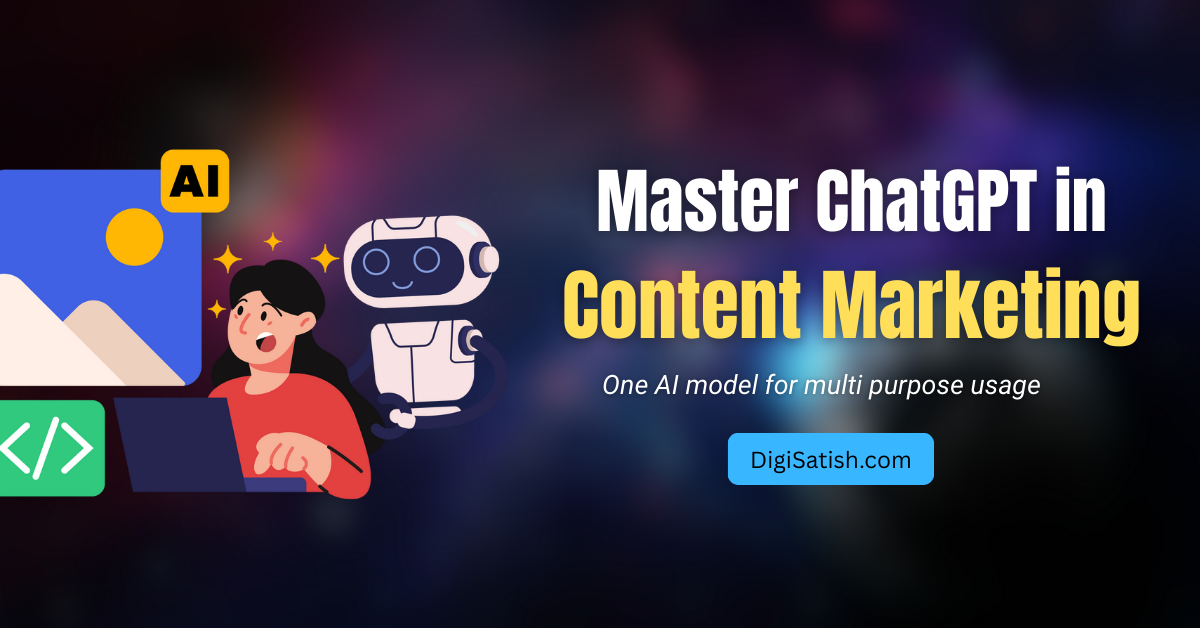AI is reshaping the digital world. It is crucial to know the vocabulary of generative AI models like ChatGPT, Gemini, Claude, and DeepSeek.
Whether you’re a developer, digital marketer, content creator or AI enthusiast, knowing these AI words is essential. They help you craft better prompts. They also aid in optimizing outputs and integrating AI into your workflow.
This SEO’d article explores the 100 most common words used by generative AI models. They are grouped by themes like utility, reasoning, content creation, tone, and technical context. There are more themes as well. These words will help you understand and master prompt engineering and interact with AI better.
100 Common AI Words used by Generative AI in 2025

1. Utility and Instruction Words
Generative AI models thrive on clear instructions. These utility words serve as direct commands or requests:
- Generate
- Create
- Explain
- Summarize
- Compare
- Describe
- Analyze
- Transform
- Rewrite
- Improve
These words help users command the AI to perform specific tasks efficiently. For example, “Rewrite this paragraph to sound more professional” or “Summarize this article.”
2. AI and Prompting Terminology
Understanding the technical lexicon of AI can help users craft better prompts and interpret responses more effectively:
- Prompt
- Output
- Input
- Model
- Instruction
- Completion
- Context
- Token
- Response
- Fine-tune
These terms are critical for anyone working in AI development, prompt engineering, or AI product design.
3. Knowledge and Learning-Related Words
Generative AI models are designed to provide information and facilitate learning:
- Data
- Information
- Knowledge
- Fact
- Example
- Topic
- Details
- Concept
- Question
- Answer
These words indicate knowledge transfer, making them common in educational and research-based applications of AI.
4. Reasoning and Critical Thinking Words
Many tasks require deeper understanding or explanation, which is where reasoning-related words come in:
- Logic
- Reasoning
- Understand
- Think
- Idea
- Assumption
- Conclusion
- Evidence
- Insight
- Hypothesis
These terms are especially common in academic, analytical, or philosophical prompts to AI.
5. Writing and Content Creation Words
Content creation is one of the most widespread uses of generative AI. These words dominate in tasks related to writing:
- Paragraph
- Sentence
- Title
- Bullet
- List
- Summary
- Content
- Article
- Blog
- Essay
Writers, bloggers, marketers, and educators often use these terms while generating text or planning written pieces.
6. Tone, Style, and Purpose Words
AI can tailor its response to match a desired tone or style. These words help guide that process:
- Tone
- Style
- Formal
- Casual
- Persuasive
- Informative
- Friendly
- Professional
- Creative
- Engaging
This set is especially useful for branding, marketing, or user-experience-focused tasks.
7. Topical and Subject-Specific Words
These keywords reflect the common themes users ask AI to write about:
- Technology
- Science
- Health
- Finance
- Education
- Marketing
- Business
- Environment
- Productivity
- Innovation
These are trending and evergreen topics that frequently appear in AI training data and outputs.
8. Command and Action Words
These are actionable words that initiate a task or guide output structure:
- Write
- List
- Show
- Give
- Include
- Avoid
- Highlight
- Break down
- Simplify
- Define
Used across SEO writing, instructions, coding, and content frameworks.
9. Language and Grammar Words
Linguistic accuracy is vital, and these words guide grammar and syntax instructions:
- Word
- Phrase
- Synonym
- Definition
- Translation
- Grammar
- Spelling
- Punctuation
- Sentence structure
- Vocabulary
Perfect for educational tools, ESL content, and writing assistants.
10. Miscellaneous and Functional Words
Finally, these are practical, everyday words seen in both prompts and outputs:
- Question
- Prompt
- Template
- Code
- Example
- Snippet
- Step
- Result
- Output
- Feedback
These ensure clarity and modular responses in both textual and coded outputs.
Why These AI Words Matter for SEO and Prompting
You may be writing SEO content. You might be training an AI chatbot or building prompt templates. These 100 words form the backbone of how generative AI models communicate. They are keyword-rich, action-oriented, and relevant to multiple use cases.
By integrating these words into your prompt strategies or SEO content, you can improve:
- Prompt clarity
- Model response accuracy
- User engagement
- Topic relevance
- Organic search rankings
These common AI words are more than just vocabulary—they’re tools for maximizing the value and functionality of generative AI.
Conclusion
From prompt engineering to SEO writing, these 100 common AI words are essential building blocks in today’s AI-driven digital world. You might be leveraging ChatGPT for marketing. You might use Gemini for data analysis. You could use Claude for education or DeepSeek for research. Knowing these words empowers you to achieve better results.
Use this list as a reference. Integrate it into your workflows. Become more fluent in the language of generative AI. As AI continues to evolve, so will its vocabulary—and staying informed is key to staying ahead.
Discover more from DigiSatish
Subscribe to get the latest posts sent to your email.


